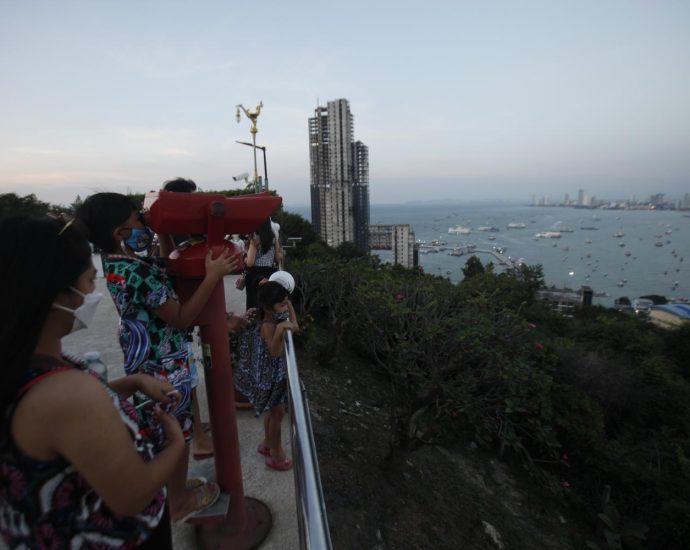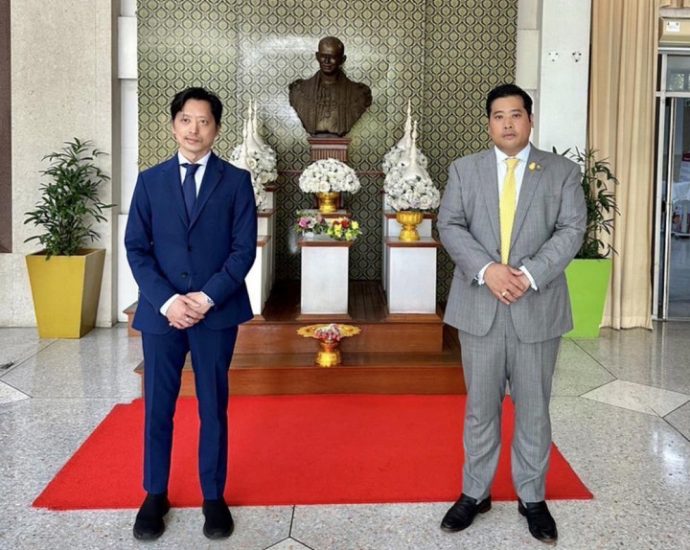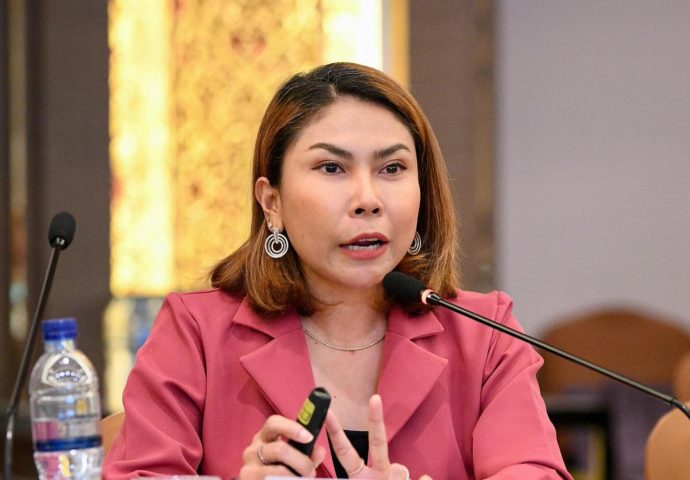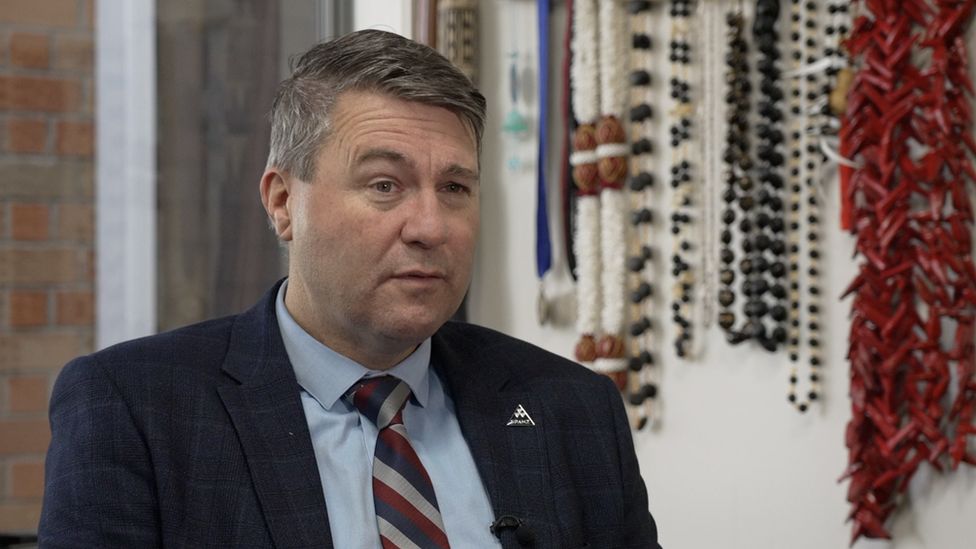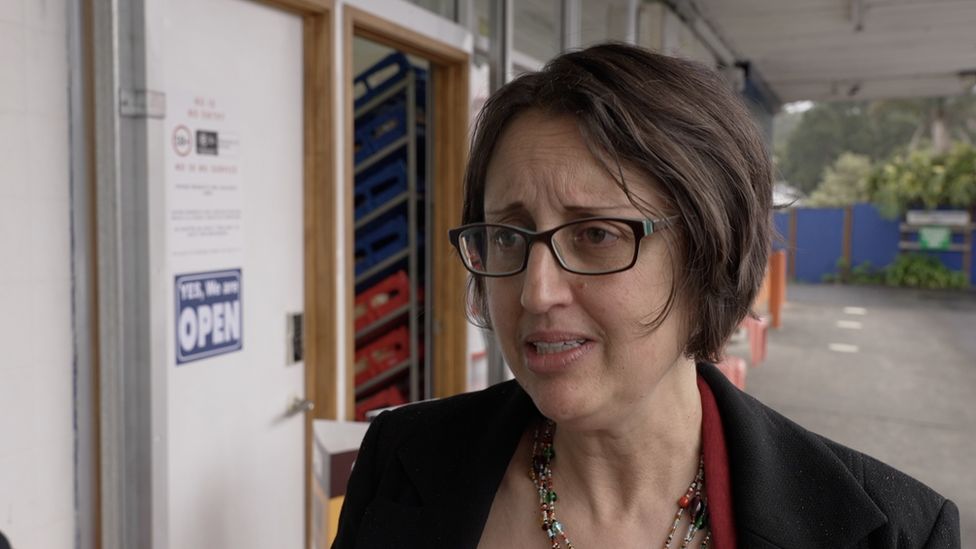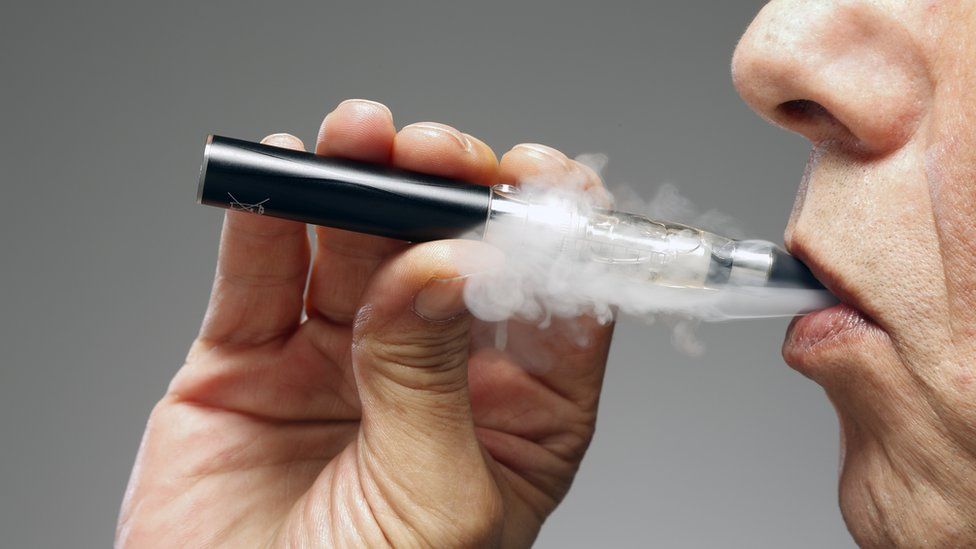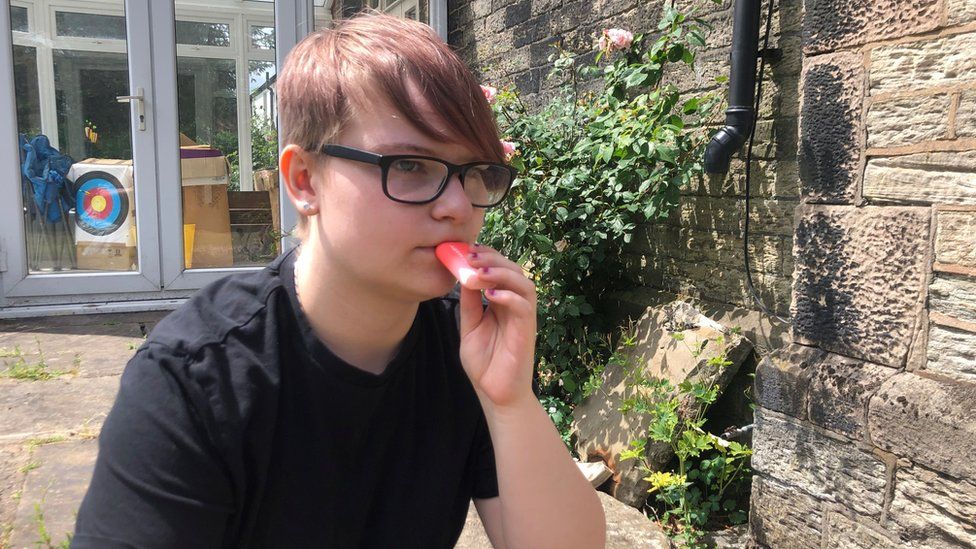Foreigner ‘fell’ from 7th floor

PUBLISHED : 14 Aug 2023 at 04:30
NEWSPAPER SECTION: News
CHON BURI: A 32-year-old Russian woman fell to her death from a seventh-floor condominium in Sattahip district yesterday, police said.
Local police were informed of the death about 7am at a condominium on Soi Na Jomtien 4 Road in tambon Na Jomtien.
The body of the Russian woman was found lying face down in a pool of blood in front of the building, they said. She was wearing a green T-shirt and jean jacket and naked below the waist, police said.
Police suspected she fell from a room on the seventh floor. Inside, a window next to a bed was found open, police said. Her 30-year-old Russian boyfriend said she fell accidentally, police said.
Police said the boyfriend was holding a glass of alcohol and appeared drunk while talking to officers. He initially refused to cooperate with police.
Police said the room was untidy and littered with leftover food and drink but there was no trace of a struggle. Police are investigating.



